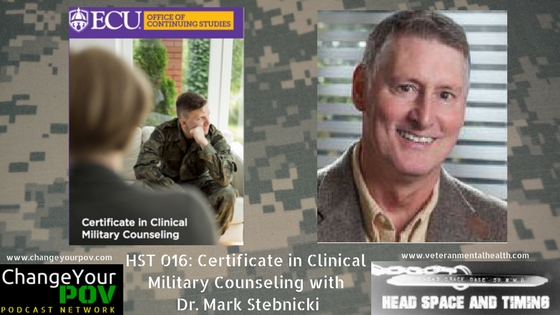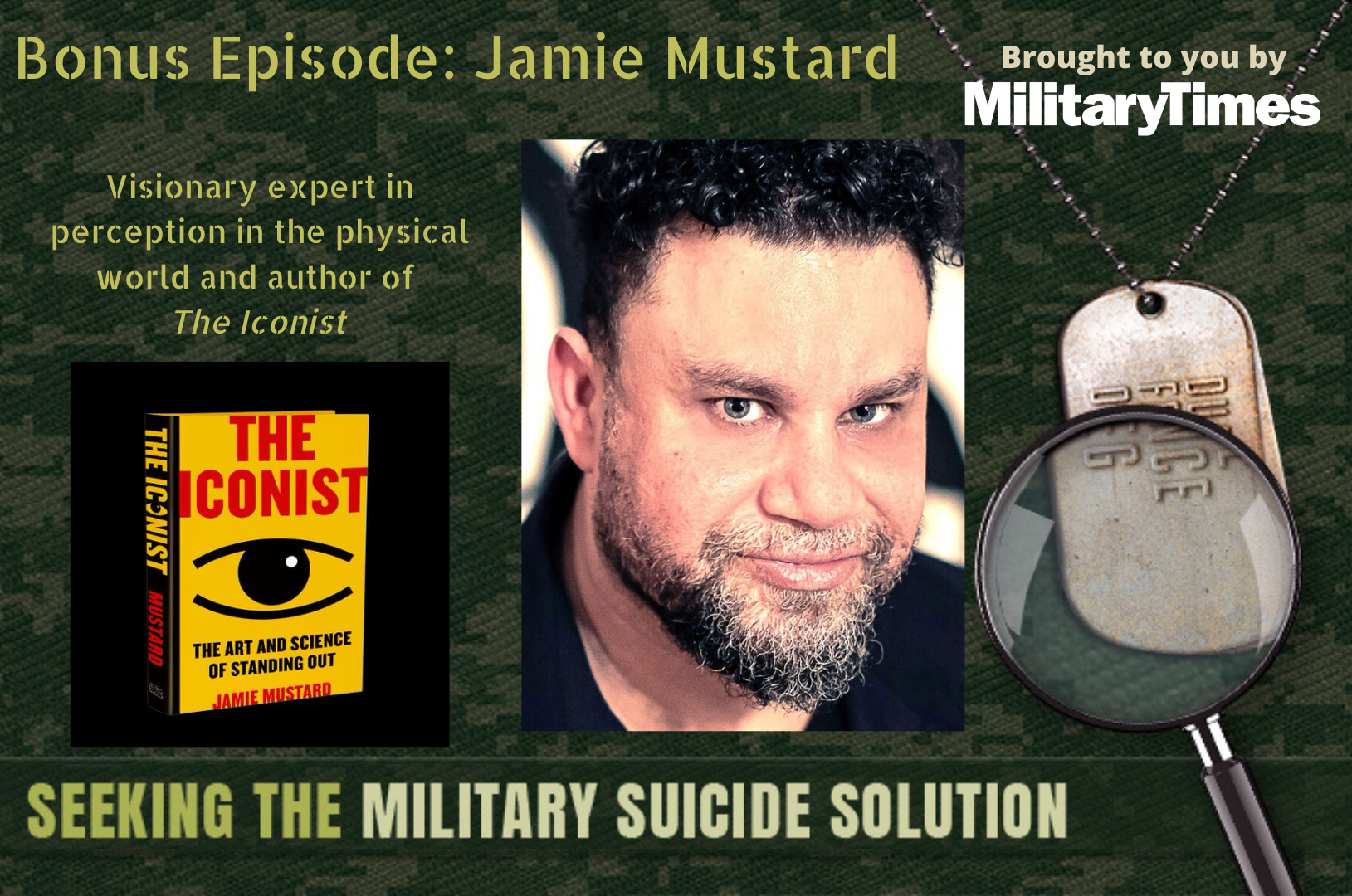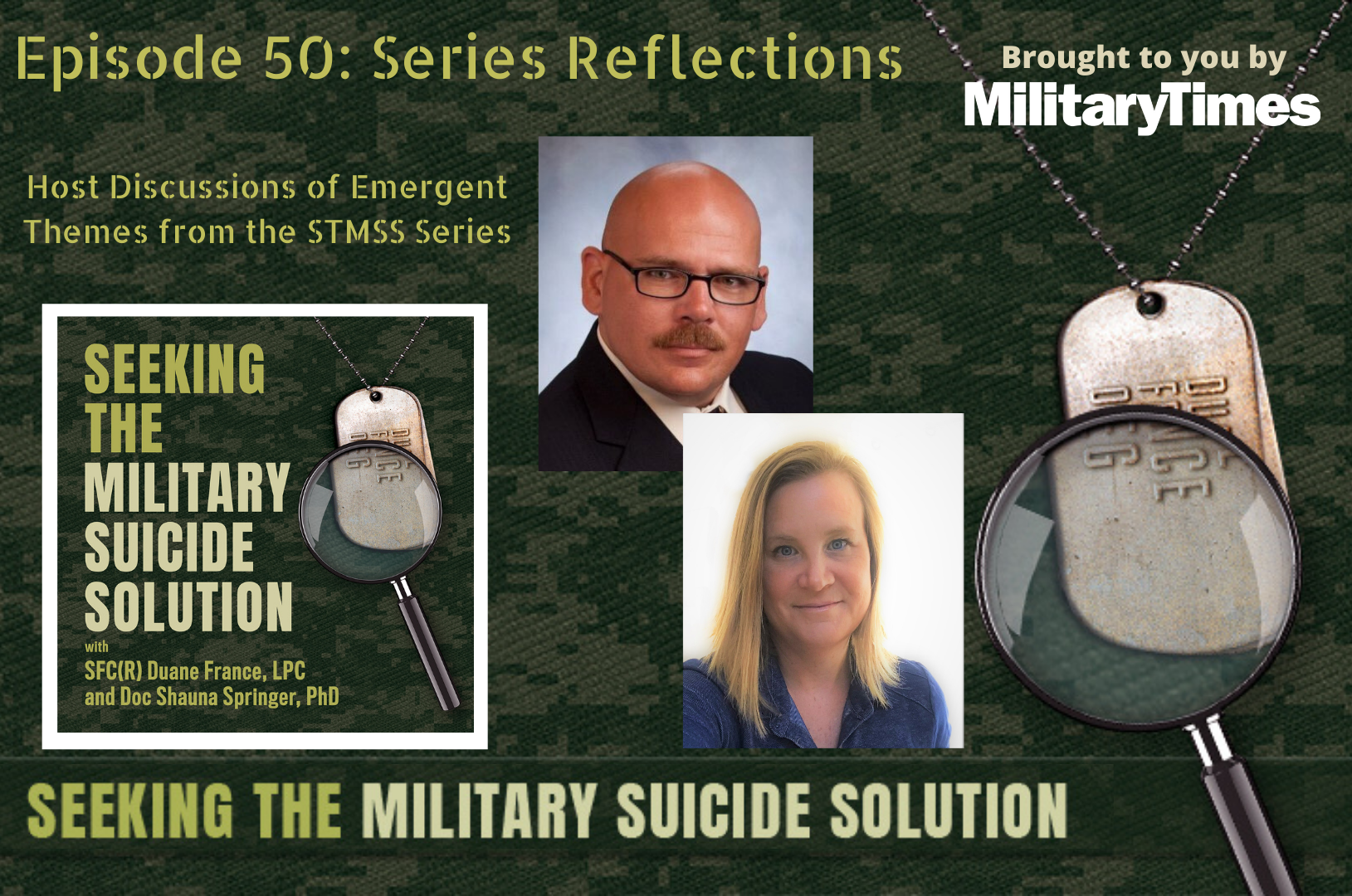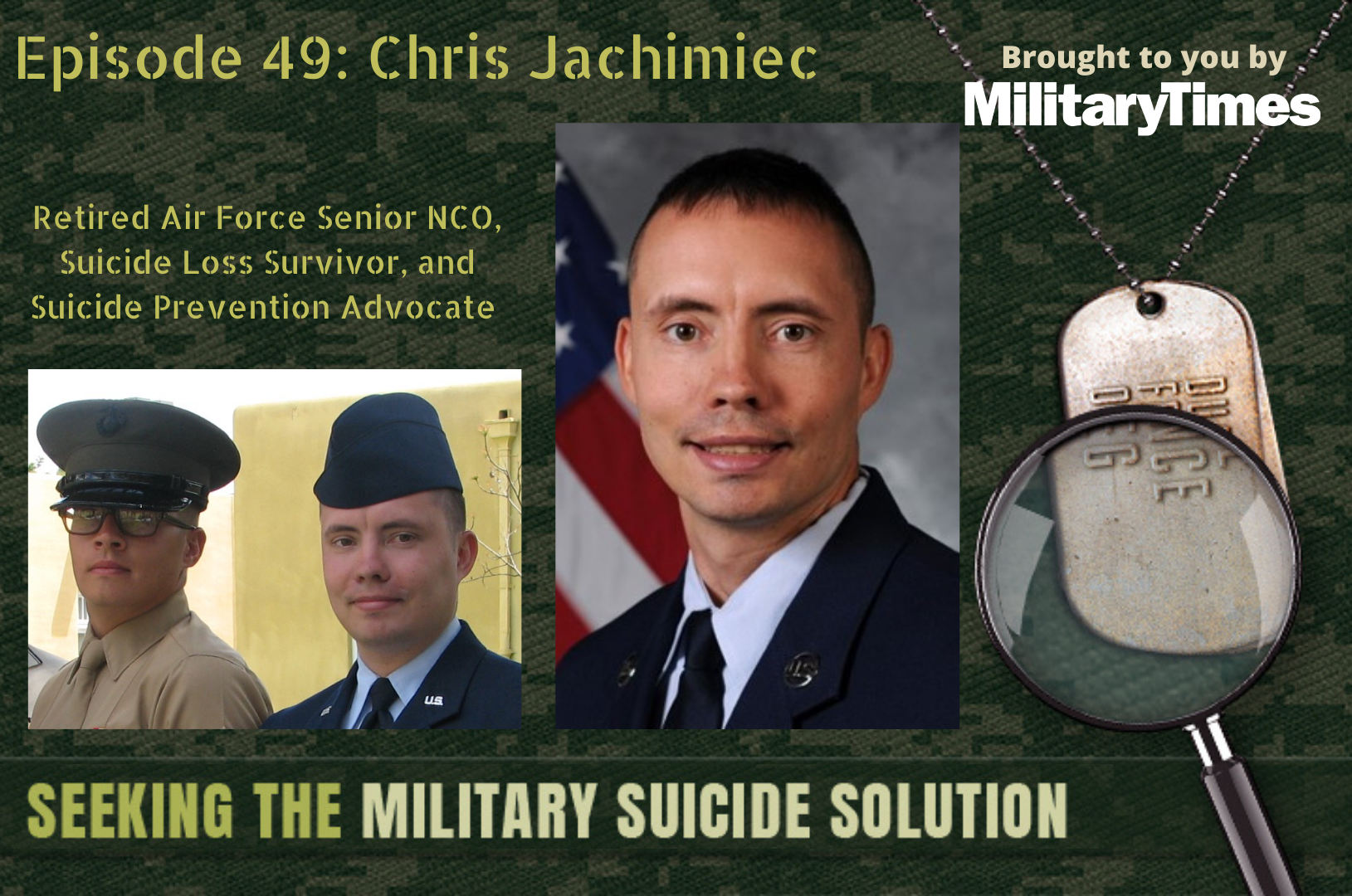SUMMARY:
Mark A. Stebnicki is a Professor and Coordinator of the Military and Trauma Counseling (MTC) Certificate Program he developed within the Department of Addictions and Rehabilitation and approved by ECU January 2014. He holds a doctorate (Ph.D.) and master’s (M.S.) degree in rehabilitation counseling from Southern Illinois University- Carbondale. Dr. Stebnicki is a Licensed Professional Counselor (LPC) in North Carolina and holds four certifications; the Diplomate in Clinical Mental Health Specialist (DCMHS) in Trauma Counseling issued by the American Mental Health counselors Association (AMHCA); Certified Rehabilitation Counselor (CRC); Certified Case Manager (CCM); and is a Certified Clinical Military Counselor (CCMC). Dr. Stebnicki developed the CCMC credential (in 2016) through the Licensed Professional Counseling Association of North Carolina (LPCANC) which was modeled after ECU’s MTC Certificate Program. Dr. Stebnicki is also certified by the Washington, D.C.- based crisis response team National Organization for Victim Assistance (NOVA) and North Carolina’s American Red Cross Disaster Mental Health crisis team.
Dr. Stebnicki is an active teacher, researcher, and practitioner with over 30 years’ experience working with the mental health and psychosocial rehabilitation needs of persons with chronic illnesses, disabilities, and traumatic stress. He has written eight books (4 Edited books with Dr. Irmo Marini of the University of Texas-Rio Grande Valley) most recently The Psychological and Social Impact of Illness and Disability (7th ed.) (2017, Springer Publishing) and The Professional Counselors’ Desk Reference (2nd ed.) (2016, Springer Publishing); and four single-author books, most recently Disaster Mental Health Counseling: Responding to Trauma in a Multicultural Context (2017, Springer Publishing) and Empathy Fatigue: Healing the Mind, Body, and Spirit of Professional Counselors (2008, Springer Publishing). He has over 28 articles in peer-reviewed journals, and has presented at over 100 regional, state, and national conferences, seminars, and workshops, on topics ranging from youth violence, traumatic stress, empathy fatigue, military counseling, and the psychosocial aspects of adults with chronic illnesses and disabilities.
Dr. Stebnicki has served on multiple professional counseling and accreditation boards. He served on the crisis response team for the Westside Middle School shootings in Jonesboro, AR (March 24, 1998) and has done many stress debriefings with private companies, schools, and government employees after incidents of workplace violence, hurricanes, tornadoes, and floods. His youth violence program, the Identification, Early Intervention, Prevention, and Preparation (IEPP) Program, was awarded national recognition by the American Counseling Association (ACA) Foundation for its vision and excellence in the area of youth violence prevention. Other accolades include consulting with former President Bill Clinton’s staff on addressing the students of Columbine High School after their critical incident (April 20, 1999).
IN THIS PARTICULAR EPISODE YOU WILL LEARN
Bridging the gap between theory and practice
Mark’s work with Veterans
How trauma is experienced differently between civilians and those who served in the military
Pre-9/11 Veteran mental health: no discussion of combat, but the impact of combat was the underlying cause
The importance of community support and recognition of the difficulty of military service in the mindset of veterans
The impact of military service on the service member’s family
Viewing military service as a separate culture
Development of the Certificate in Military & Trauma Counseling
More education about veteran mental health reduces the stigma against seeking mental health services
The unique nature of service in the Reserve components of the military
PTSD, TBI, and Beyond when it comes to Veteran Mental Health
Veterans seeking mental health services from clinicians who are not veterans
Reluctance, Resistance, and Defensiveness when it comes to veteran mental health
Getting over the reluctance of veterans to not tell their story
The readiness for each individual to participate in counseling and therapy
LINKS AND RESOURCES MENTIONED IN THIS EPISODE:
Veteran mental health in the workforce: On Being “One of Those Weird Veterans” in the Workplace
Eastern Carolina University Certificate in Military & Trauma Counseling

Want to keep up with all of the Head Space and Timing content? Subscribe Here
You can be sure to find future episodes of Head Space and Timing by subscribing through your Podcast player of choice, like iTunes. Make sure to leave a review…see how here
Using an app makes subscribing and listening to podcasts (both ours and others) so much simpler. Just subscribe to Head Space and Timing within your app and it will automatically update every time a new episode is released. You can also find all of the podcast players here.
Do you want to check out Duane’s latest book, Combat Vet Don’t Mean Crazy? Check it out by finding it on Amazon.



